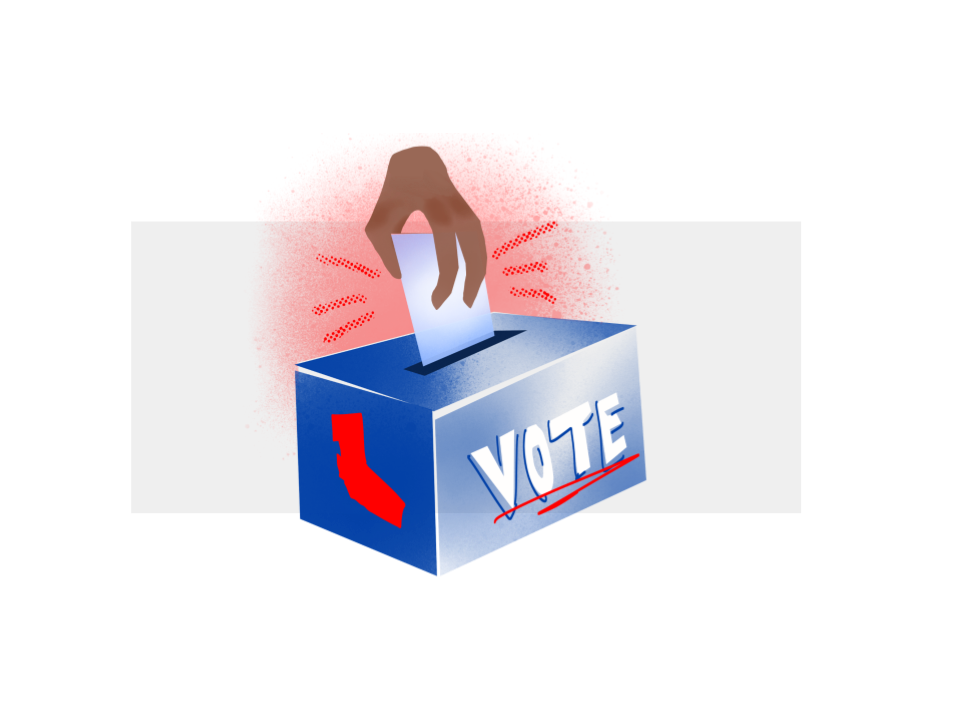
Eden Kwan
On the week of Oct. 7, Aragon High School hosted a mock election. Around a month earlier than the actual voting dates, Aragon partakes in a mock election held by the California government.
Aragon has been participating in the mock election for several years now.
“All of our teachers agreed to do some background education so everyone knows what they’re voting on, what the propositions are about and a little bit about who the presidential candidates are,” said American Government teacher Giancarlo Corti.
This time around, students voted through an online anonymous form. Everything on the official statewide ballot was also on the mock election ballot.
“They’re not required to vote on every single thing,” Corti said. “If there are four propositions they care about and four they don’t or don’t know anything about, then they can just vote on the four they care about. And again, that’s true to how voters vote.”
After all schools have finished voting, the California government will gather the results and release them to the public. “Historically, students have been more in favor of Democrats than Republicans,” Corti said. “So I wouldn’t be surprised to see Kamala Harris win. For propositions, there’s one about changing the language in the California Constitution to remove the concept that only men and women can be married [and] I think that will pass for students. They generally tend to be more liberal [and] open-minded than adults.”
However, concerns about low voter turnout among students have been growing, with many speculating on the reasons behind the apathy. “[Students aren’t voting because] it takes time,” said junior Samantha Stanley. “Or they feel pressure to tell other people who they’re voting for. Like, if you were a Republican in a Democratic family or vice versa, then you wouldn’t want to tell them who you’re voting for and then you’d feel guilty to vote at all.”
Senior Andrew Huang added another layer to the issue, emphasizing the impact of political polarization.
“Political polarization is a bit too rampant right now,” Huang said. “ It’s a time of desperation where there is this inequality, so people really want to find a leader who wants to fix things fast,
and then they go extreme as a result. There’s this mob mentality in this polarization where someone says something, and everyone [blindly agrees]. Students don’t really think about it beforehand on what the policy or idea actually is.”
Some students may be discouraged from voting because they believe their preferred candidate has little chance of winning.
“This is mainly because they think the vote may not change anything,” Huang said. “Because they think, ‘Oh, so many people are voting for Candidate A, but I like Candidate B over A. I don’t think Candidate B’s gonna win, so then I will not vote at all.’” This is an opportunity for students across all the grades to go through the experience of voting.
“I like the idea of students having access to the election process, for them to have it all demystified a little bit, and to realize that it’s not very burdensome,” Corti said. “It’s not very hard with 20 to 30 minutes of preparation, they’re probably doing as much preparation as most voters. The fact that we can give them the chance to do it in an educational place, it takes away any hesitation they have or any stigma associated with voting that they might encounter after they leave high school.”
Aragon will be releasing the mock election results on Oct. 10.



